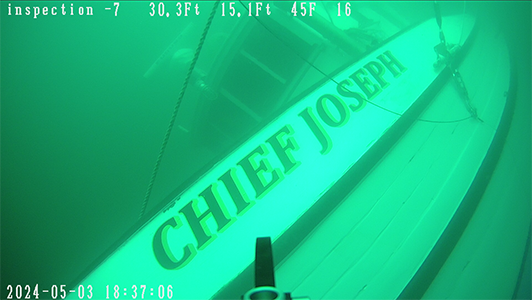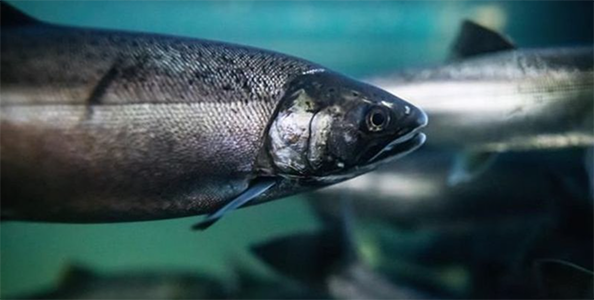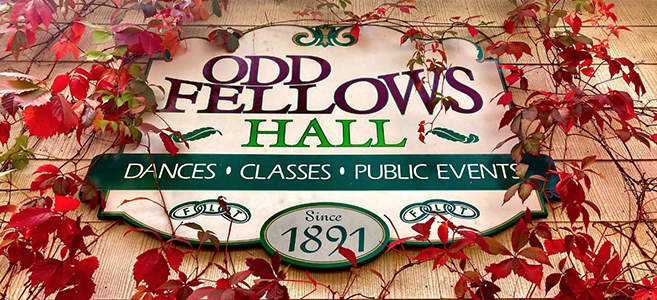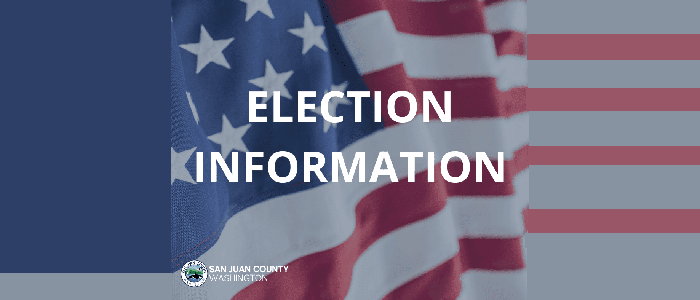||| MIDNIGHT MUTTERINGS by JACKIE BATES |||
It was surprising to me to experience the in-person response to my earlier post on laundry detergent. You (well a few of you) found the information on TruEarth Laundry Detergent (one of the brands that comes in the mail in a light cardboard envelope and absolutely no plastic at all) more enlightening than my rants on voter rights or the Supreme Court, or just about anything I have muttered about in the last year. While I’m not sure what that says about either of us, I do think it is interesting.
I admit I am fairly obsessed with trash, with overflowing landfills, with garbage that will last much longer than our great grandchildren, with garbage that off gasses and adds to climate change, contributes to storms like the one coming up in a day or so. I think we can assume that much of what we dump into recycling bins never actually gets recycled, which is why I love the little strips of detergent that go in the washer and seem to get my clothes clean, possibly without adding to the plastic glut that is one of our less-enlightened legacies to our progeny.
Today, I heard on NPR that plastic production in the US (maybe the world; I don’t remember) is way UP. That is, we are producing more plastic than ever before. Sure, I was surprised, even if I shouldn’t have been. This plastic production not only adds to trash, but seriously pollutes the air, the water, our children’s lungs and blood, and frog’s eggs.
Plastic is so hard to avoid and so hard to deal with after the fact. And far too much of it goes directly into the landfill, no matter how much we wish that weren’t true. A lot of it is the lightweight, filmy stuff that wraps everything from six rolls of toilet tissue to the food from Island Market and the Co-op. So there’s the new ban on plastic carry out bags. Good! But what about the liner of that box of crackers, the produce that comes pre-wrapped in sealed plastic bags, the chicken or fish wrapped on site, or seeds and nuts pre-wrapped in sealed plastic bags. Sure, we can bring mesh produce bags to the store, but your new toothbrush will come in plastic, as will the pack of lined notebook paper for your kid. Not to mention the plastic packaging for the new iPad that should be replacing the lined paper.
So what can you do besides put that in the trash? Well, you could put it in the recycling bin, but I’m pretty sure that just brings the sorting machines to a screeching halt.
Finally, I found a partial solution, though not one that is available on Orcas as far as I know. (I’d love to be corrected on that.) I do go regularly to Bellingham, more often than I’d like, so here’s what I do:
Along the way, in my everyday life, I collect that lightweight plastic stuff, including the thin plastic boxes berries, tomatoes and such come in, and pasties (though I don’t admit to buying much of that anymore) and liners of boxes of stuff we can sometimes buy in bulk, but not always. I wash it along with the dishes, if necessary, and let it air dry. Then I stuff it tightly into a larger lightweight plastic bag that originally held something, maybe a new bed pillow, or…?
Then after a few months I put it in my car and take it to Bellingham where I can drop it off at Bellingham Solid Waste on the corner of F Street and Roeder, hand the nice woman inside the office $5 for any amount, and drive around to the back and put it in the bin labeled ‘Plastic Film.’ Of course I’m not sure exactly what happens to it after that, but I’m mildly more hopeful than if I dropped it bit-by-bit into the trash.
After that, I drop off a box or several grocery bags of milk cartons and the like in the yard waste can my son pays maybe $25/month to go to the city commercial hot composting facility along with food waste, tree limbs, compostable cutlery, and whatever else is allowed, including those green bags made of cornstarch. I’m more confident about what happens to that stuff. Sure, I compost at home, have a worm bin, etc., but the green compostable bags never quite disappear. Seattle and Portland have similar food waste programs. Maybe we are too small here, but wouldn’t it be nice? Just think about all those carry out food cartons, cups, papers that have multiplied during the pandemic. Just think about what a single, small restaurant produces in a week, now that people are dining out indoors again.
I look forward to finding out if trash is still more interesting than politics.









Thanks Jackie! I always wondered where I could bring that kind of plastic. Now I know! Thanks too for a shout out about those laundry strips. Keep on keeping on, keep writing!